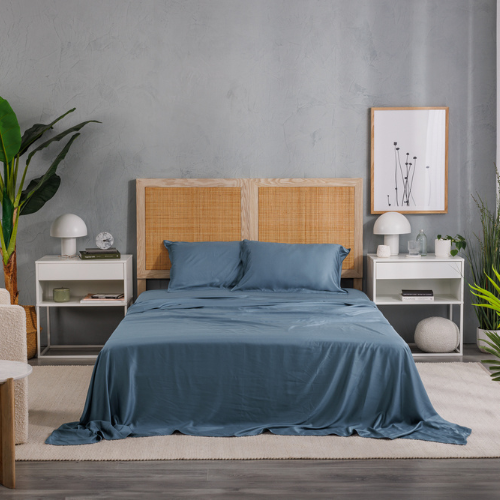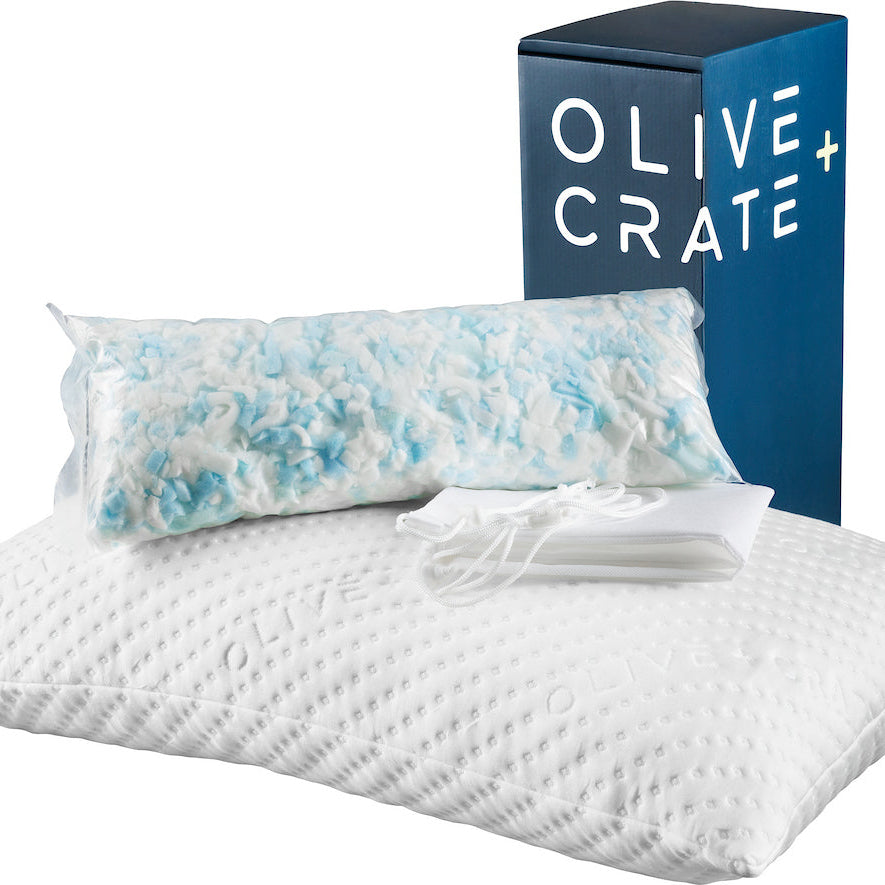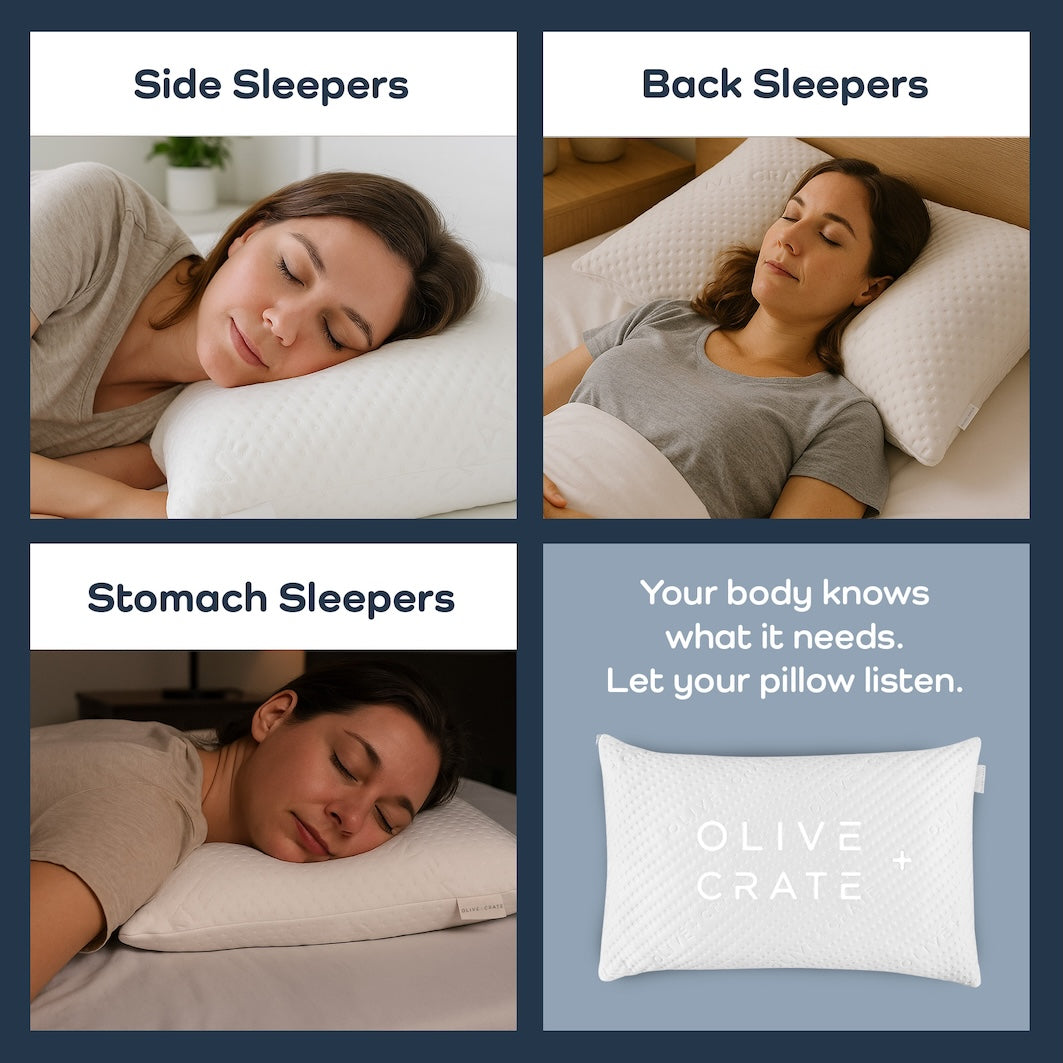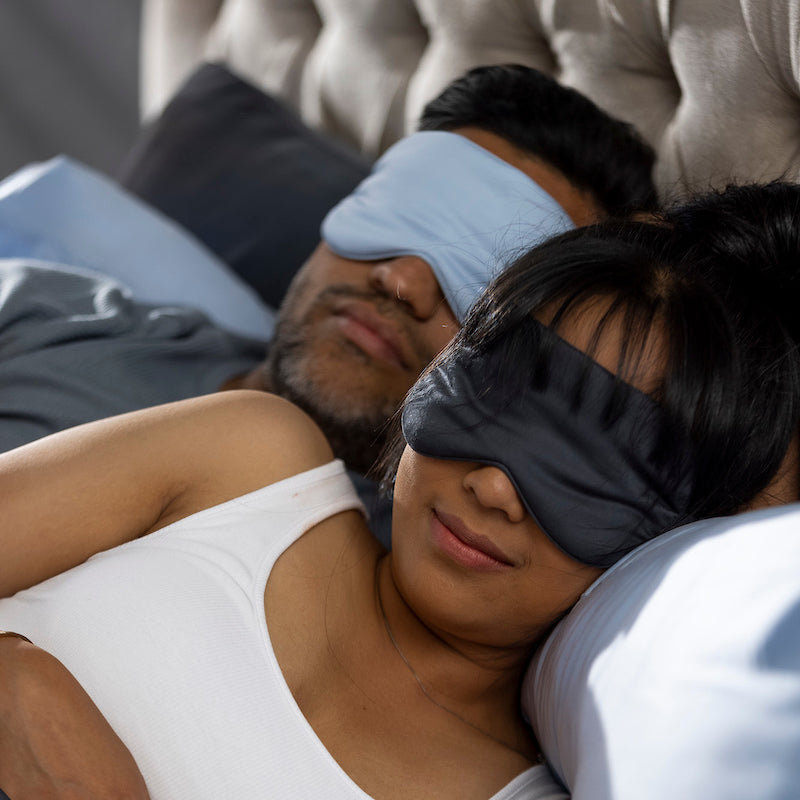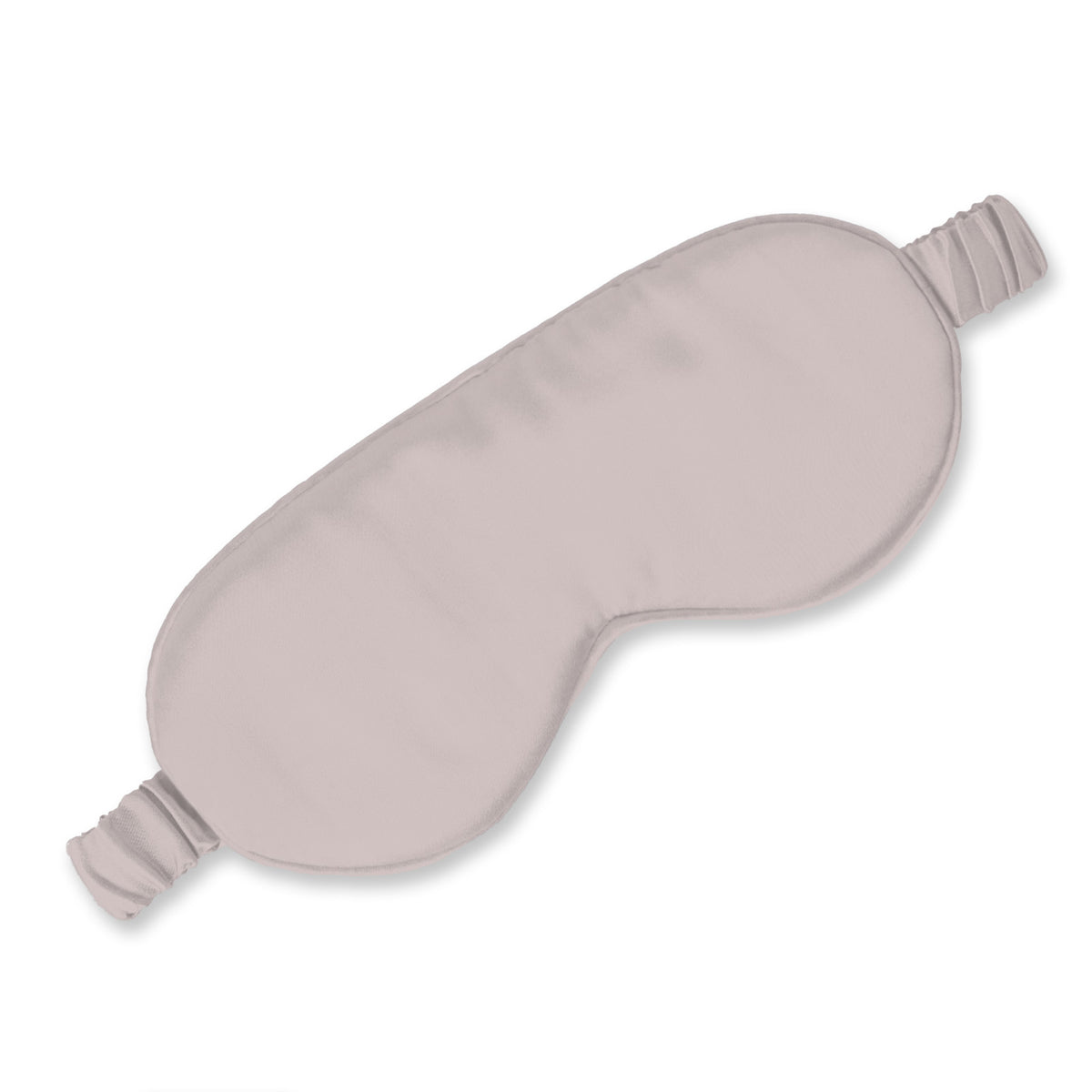by David Le Blanc
date: 01/31/2021
2020 was an incredibly tumultuous, terrifying and unprecedented year for many of us. We spent much more time at home and thus much more time in our bedrooms. In 2020, our bedrooms transformed from a place of rest and relaxation to a 24/7 work zone. It is no small wonder that many of us lost the feelings of comfort and peace bedrooms are supposed to foster. Some fought the stress and anxiety of the work day -- and of the general state of the world -- by turning towards feel-good home products.
Consumers flocked en masse to sites like Bloomscape and The Sill to add a bit of color and life to their homes. Candles, eucalyptus branches and wax melts flew off their proverbial shelves. Stressed residents across the globe redecorated, redesigned and renovated their apartments, condos and houses -- filling each with light and texture. Another popular homeware product in 2020 -- one which continues to draw all kinds of consumers -- was the weighted blanket. Simulating a hug by applying pressure across the body, weighted blankets have been thought to comfort their users. Given that comfort is much-needed in times such as these, interest in weighted blankets has skyrocketed. Learn more about the psychology behind weighted blankets -- and if weighted blankets work -- below.
The Psychology Behind Weighted Blankets

Why Consumers Turn to Weighted Blankets
Consumers typically turn to weighted blankets when they experience restlessness, insomnia and/or other sleep disorders, mood disorders and/or growing daily stress. However, there still exists some public skepticism around whether weighted blankets really work and whether their effects are psychological or physical in nature. Dr. Michael J Breus explains the psychology behind weighted blankets in “What You Need to Know About Using a Weighted Blanket” for Psychology Today. Dr. Breus notes that for many years, weighted blankets have been recommended by professionals to those “with conditions including ASD, ADHD, and sensory processing disorders.” Referencing the fact that “anxiety is a major problem for sleep,” Dr. Breus explains that there is indeed a psychological component to the usefulness of weighted blankets.
How Weighted Blankets Work
Dr. Breus describes the experience of using a weighted blanket as comparable to “being held in a gentle hug.” Weighted blankets apply a light to moderate pressure across the body. While they do so, they reassure and comfort the user, much in the way an actual hug would. According to Dr. Breus, psychologically, this effect “can help keep you more still when you’re in bed and provides the soothing sensation of being gently held. This “deep sense of relaxation” helps those suffering from anxiety calm their minds and drift off to sleep comfortably. With a consistent pressure applied across the body, people with anxiety are less likely to be woken until the morning. The actual psychological term for the effects of constant, even pressure applied by weighted blankets is “deep pressure stimulation.”
The Science Behind DPS
One brief entitled “What is Deep Pressure Stimulation?” from AppliedBehavioralAnalysisEdu.org explains the treatment. This article notes that “Deep Pressure Stimulation (DPS) is firm but gentle squeezing, hugs, or holding that relaxes the nervous system.” Interestingly, the reason the mind and body calm in response to DPS is evolutionary. According to the brief, “when you apply deep pressure to the body, the body switches from running its sympathetic nervous system." The body transitions "to its parasympathetic nervous system.” This switches the brain from sending out a “fight or flight” signal, instead turning towards the “rest and digest” state.
DPS is instinctually applied by parents of frightened children, as we well know. However, DPS has also been shown to reduce anxiety in adults and in those struggling with psychological and behavioral disorders. According to Lana Bestbier and Tim I. Williams in their study published in Occupational Therapy International, DPS has long been used as a treatment. Specifically, note Bestbier and Williams, “deep pressure is widely used by occupational therapists for people with autism spectrum disorders.”
Choosing the Right Weighted Blanket

Weight
Linda Wasmer Andrews describes the proper weight for weighted blankets in her article “Do Weighted Blankets Really Ease Sleeplessness?” for Psychology Today. She writes that adults considering purchasing a weighted blanket should choose one that weighs “more than 10 percent of the user’s body weight.” However, the correct weighted blanket varies from person to person simply based on preference. Some might prefer a blanket weighing no more than ten pounds, even if 10% of their weight is far beyond that.
Others might prefer a much heavier blanket that weighs close to 25% of their body weight. When determining the proper weight for one’s weighted blanket, consumers should consider their physical health as well, notes Andrews. Heavy weighted blankets might not be suitable for the very elderly or those with significant health problems. Andrews recommends that people with “breathing difficulties, circulatory problems, or temperature regulation issues” should speak with their doctor before purchasing a weighted blanket.
Cost
In her article “Best Weighted Blankets of 2021” for The Sleep Foundation, Lauren Fountain warns consumers weighted blankets can cost quite a bit. Given that weighted blankets serve as a supportive tool for emotional and psychological health, this should not come as a surprise. Fountain notes the typical price range for weighted blankets as “between $100 and $300 in any size.” Francis Locknear places the floor for weighted blankets closer to $50 in his article “Average Cost of a Weighted Blanket” for The Cost Guys. Locknear explains that “the average price for a weighted blanket on Amazon is around $66." However, "in general, they can range anywhere from around $50-$250.” The price typically depends “on the brand, quality, features, materials, size, and retailer.” While less expensive options can come close to $50, a more expensive buy might be worth the extra expenditure. Locknear writes that “the higher-end weighted blankets tend to be well-constructed as well as being more comfortable than other options.”
Material
Just as with any other type of bedding -- from sheets to duvets and from pillowcases to mattress toppers -- weighted blankets should breathe easily. They should also maintain a stable, comfortable temperature and wick moisture away quickly. The article “What is the best fabric for weighted blankets? What to choose and why?” from Weighted Journal recommends choosing airy, natural materials. Tencel and bamboo are both perfect choices as they do not bunch, wick away moisture effectively and have a cooling effect on the body. The article recommends against weighted blankets made from acrylic or silk fibers as they are less breathable and can be more expensive.
All in all, weighted blankets may very well be worth the price for those suffering from poor sleep or difficulty falling asleep.


